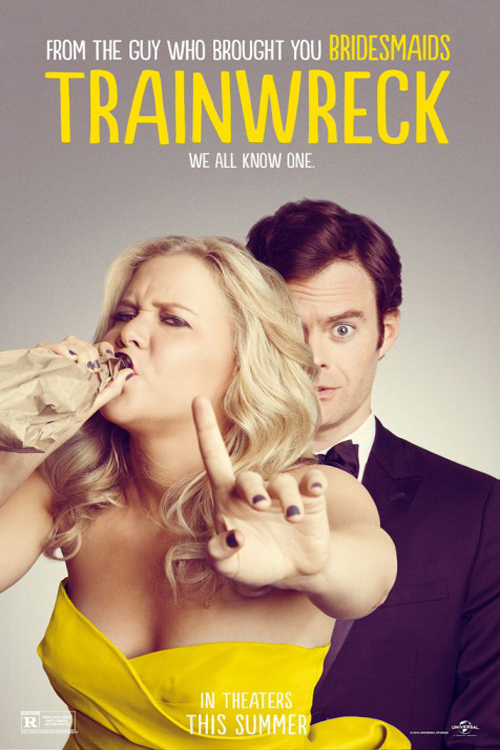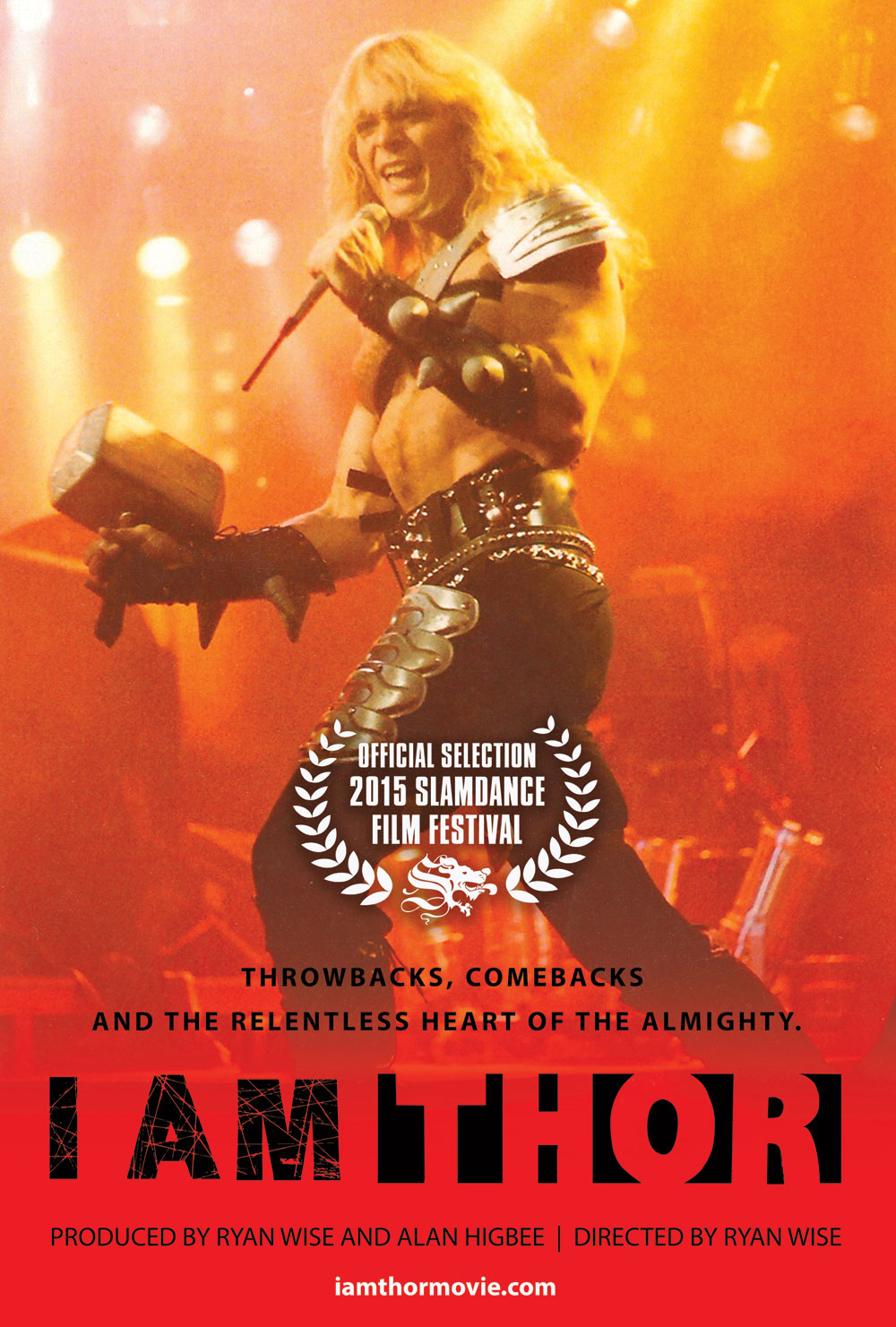So the final films of my fest were, thankfully, much
better than the ones I started off with.
My midweek movies ended up being documentaries. While I sometimes think it’s a waste to see
documentaries when there are so many good fiction films from around the world
on offer, some of these documentaries can affect me in ways those other movies
cannot, and I love to feel that challenge.
My Wednesday night documentary was called Merchants of Doubt, a film about how
the tobacco industry began using the media and pressure groups to obfuscate
around admitting they knew about the harmful effects of smoking, and also to
shift blame from the side effects of smoking (such as house fires) to other
areas which in turn spawned industries (like fire retardant chemicals) who
likewise fought to keep their position against a tide of overwhelming evidence
that they were harmful and unnecessary.

This was the start of the film: the real target was the
industry created by companies and the like to try and hide the scientific
consensus around climate change. It
examined how scientists with no background in climate were enlisted to provide
a “scientific dissent” from the mainstream scientific view; how think tanks
were created to push particular points of view from the vast corporate powers
that control them; how those brought in to provide “fair and balanced” debate
are, in reality, not qualified in the science (“I am no expert but…”) but are
experts in ad hominem attacks and undermining the credibility of their
opponents, at least in the eyes of the public and the moderator, though pithy
sound bites and dismissive and misleading comments. They even interviewed one of the more
successful “opposing views” (can’t call him an expert) who revealed that his
success came from the fact he was quick with a put down and smart on his feet,
not because he could actually refute the science he was opposing.
So yes, the film was highly aggravating, in a good
way. Or kind of. While taking us through the stories and
presenting us with some very amusing tales, there were two underlying issues
that it kind of failed to address. While
they claimed that eventually the truth comes out and the “liars” are called to
account, there was no actual evidence shown that anyone who was revealed to
have a secret agenda or to be misleading the people or the US government
actually suffered any consequences other than being exposed. “They were found out” is not really a
punishment; the film does nothing to make the audience feel like there is
actually a cosmic karma or even a legal morality that will bring these people
to justice. The reality is, money talks,
and the people behind the lies and deceits will get away with it.
The second issue that left one a little depressed was the
visit to the Southern States radio programme where an anti climate change radio
host interviewed a “born again” Congressman who lost his seat when he started
to talk about climate change and his local electorate did not want to hear it. The “facts” the host presented were nothing
but opinion, and disagreeing with him did not challenge him, just made him get
more steadfast. Truly it was
downheartening.
Verdict: Merchants of Doubt is an illuminating
documentary about how many people do not want people to be illuminated, and how
some people themselves do not want to be illuminated at all. 7 candles out of 10.
Thursday night saw me at another documentary, the wildly
uneven and mostly bonkers I am Thor. The film followed the semi-rise and quasi-fall
of Thor, a bodybuilder who would be a heavy metal rock god, an actor, a man
married, then back to a rock star again, and around and about a few other
professions on the way as well.
The film starts off with a speedy trip through Thor’s
early days of finding his feet in the metal world and working in strip clubs
and then… there is a halt. The career
that seemed to be going sky high suddenly stalls as Thor is kidnapped, or
disappears, or something. The exact
nature of the interruption is unclear, and remains so, as if there is some big
mysterious, alien-neutralised memory hole that everyone seems to have and no
one is willing to fill… and then it moves on.
At this judder bar, the film takes a different turn of
tone. It jumps forward a bit: Thor is no
longer the ripped muscle man but a less toned strength athlete, still bending
bars with his hands, but not wearing thongs or exposing an impressive pair of
muscular pecs. His life is now smaller,
possibly sadder, and the film slows right down to take the time to know the
man.
Which is all well and good, as the film at this stage
turns into a Heavy Metal bodybuilder version of “The Wrestler”, with small
venues and halls and life on the road.
But then the film slows down again as Thor and his original band members
are invited to play at some heavy metal festivals in Scandanavia, and the focus
of the film shifts away from Thor and begins to encompass some of his more
outspoken band members again. From a
“life synopsis”, it turns into a fly on the wall documentary, losing pace and
focus as it does.
Which is not to say that the film becomes bad, as really
Thor and his crew, resting on faded laurels and trying to be as vigorous and
energetic as they were in their youth (well, mainly Thor is to be honest), seem
real sweeties. But the flagging pace
makes the second part of the film start to drag, and I was tempted to check my
watch as things slowly, slowly crawled towards the final concert.
Verdict: I am Thor was an interesting subject
told lovingly but unevenly. The lack of
a style kind of worked given the different source materials, but the
interesting “controversial” points of Thor’s life were skipped over in favour
of wanderings around concert venues, and there were very few revelations or
intimate moments to really make the film feel worthwhile. 6 Moljinars out of 10.
The weekend brought me to my movie marathon, starting
with two Saturday movies and my final one around midday on Sunday.
I was in a crowded Penthouse Cinema for Coming Home, the latest film from
Chinese genius director Zhang Yimou and starring his muse, the always luminous
Gong Li. Compared to some of his earlier
works (Raise the Red Lantern and To Live), Coming Home was much smaller in scale, about a man returning home
from exile after the Cultural Revolution to a daughter who denounced him and a
wife who is incapable of recognising him as her husband. It’s the latter part of that story that
drives the film, with some truly beautiful and heart breaking scenes as the
family use visual cues, music, smell, and try trickery all to convince the wife
that her husband has indeed returned.

The film, based in a train station and a small square of
apartments, is beautifully shot, every character is convincing, and its all
wonderfully put together. About the
least convincing part of the film is the make up artists’s struggle to try and
make Gong Li look anything like dowdy, her incredible cheek bones and eyes
radiating beauty no matter what attempts at ageing are applied.
Verdict: Coming Home was another brilliant film
from this amazing director and another stellar performance by Gong Li. I only wish the film weren’t quite so
heartbreaking, as even To Live had
some respites amongst the tragedy, but it is totally worth the watch. 9 lanterns out of 10.
It was a quick flit over to the Roxy for the final film
of the night, Deathgasm. It was really the perfect place to view this
film: a smaller cinema, feeling more intimate than the huge Embassy for a small
Kiwi film with a good dose of humour and huge amount of gore.
In a small Kiwi town, a young Metaller finds some outcast
friends and the key to summoning a demon and a zombie horde upon the Earth, and
so he does – not totally unwittingly. Mayhem and madness and quite a bit of
mirth ensue.
First off, the actors look like they left High School
quite a few years ago, but elsewise, they fit their tropes as metal heads,
gamers, jocks, unhip adults, and strong female warriors based on Buffy pretty
well.
The film has an off kilter sensibility, with extreme
violence juxtaposed against extreme stupidity.
Of course, it all devolves into a bloody free for all at the end, with
people dying left and right with more of a sense of silliness, and the final scene
doesn’t quite fit right, but I laughed so hard and had such a good sense of fun
for the rest of the film (helped by an audience who was likewise totally sold
on the insanity) that I didn’t mind too much.
Verdict: Deathgasm reared its satanic head put
in a great performance at the festival.
Not sure if it will get a general release, but it probably should, as it
really hit the Kiwi funny bones – before ripping it out of our arms and hitting
us over the head with it. 7.5 zombies
out of 10.
My final film of the festival was Best of Enemies, a documentary about the style of television
analysis pioneered during the debates of William H Buckley Junior and Gore
Vidal, two men with staunchly opposing points of view and a dictionary (or two)
of vocabulary to hurl at each other.
It was a very popular session, with a few media types
also in attendance despite the session being about 11am on a cold Sunday. And it was a fascinating documentary to
watch, with the documentary claiming that the current “confrontational” style
of political commentary owes its existence to the debates started by these men,
back when ABC didn’t have the resources to cover the conferences in full.
That the two men kept relatively cool until the very
final debate would seem to be something that would be contrived today, but back
then, it all seemed to build naturally and the feud that continued out beyond
the debates themselves shows that the animosity these two felt was quite
real.
The documentary itself then was well put together, funny
and insightful though I have to say I left the cinema slightly
underwhelmed. It was more a taste thing
(and possibly a tired thing) as objectively speaking it was a really good doco,
and I was not upset I went and saw it, but I think I was a little cold and
movie-d out by that point so I just wanted to go home.
Verdict: Best
of Enemies is a fascinating look into television before Fox news, when
screaming hyperbole and hatred on the screen was not something commonplace, or
necessarily manufactured. 8 Peabody
Awards out of 10.








